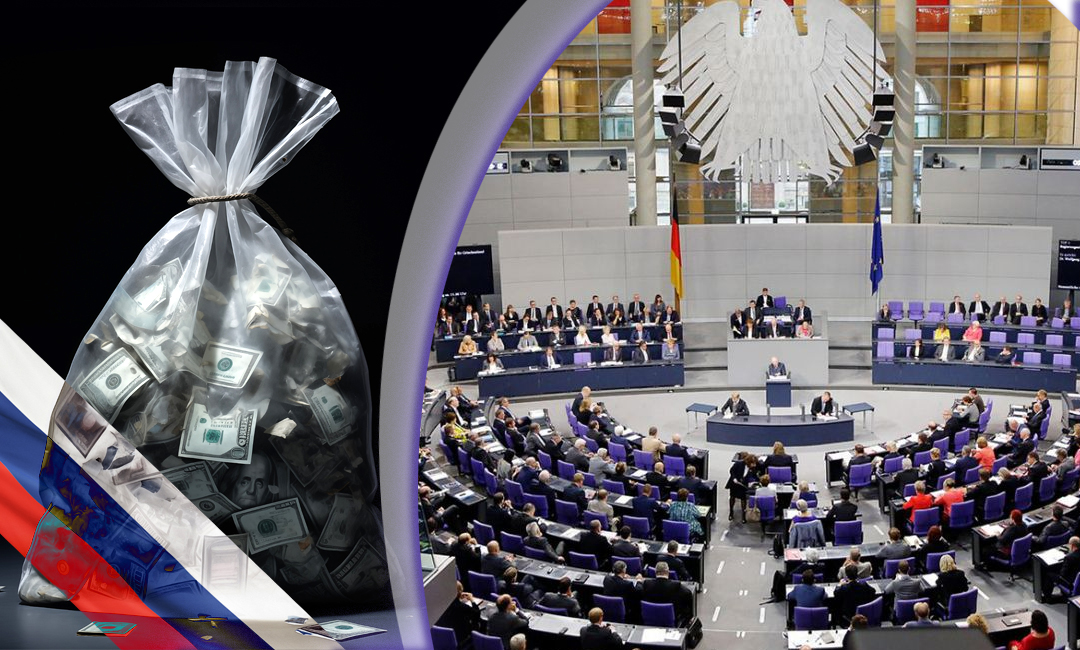Berlin Shifts Position on Frozen Russian Assets to Boost Ukraine Support

Germany has changed its position and become a supporter of actively using frozen Russian assets to support Ukraine's defense, prompting other European countries to seek similar financing options.
The Gaze reports on it, referring to Bloomberg.
After renewed pressure from US President Donald Trump, EU countries and G7 allies are looking for ways to generate additional revenue to support Kyiv's defense against Moscow's war. The bulk of Russia's approximately $300 billion in frozen assets is located in Europe.
European Commission President Ursula von der Leyen stressed that the EU needs to find new mechanisms to finance Ukraine's military efforts, in particular through immobilized assets.
“With the cash balances associated with these Russian assets, we can provide Ukraine with a reparations loan,” she added.
Germany has long been cautious on the issue due to the protection of its financial center and respect for state immunity. However, Berlin has recently changed its position due to fears that a reduction in US support under Trump will result in the main burden of financing Ukraine falling on Europe's largest economy.
This is also linked to domestic politics: fears of a rise in the far right in the event of excessive economic costs are forcing Germany to seek new sources of funding so that support for Ukraine does not become too much of a burden on the budget.
At the same time, the complete confiscation of assets, which the US continues to demand, is not yet envisaged. Currently, the EU, G7 countries, and Australia have frozen the assets of Russia's central banks and agreed a year ago to channel interest income to Ukraine.
This issue is expected to be discussed at meetings of EU finance ministers in Copenhagen and at the EU leaders' summit in October, with a final decision planned for October 23-24.
As The Gaze informed earlier, Ukraine has received another tranche of macro-financial assistance from the European Union in the amount of €1 billion under the ERA (Extraordinary Revenue Acceleration) Loans for Ukraine program.